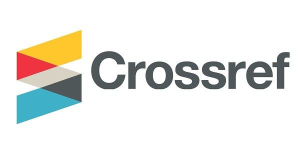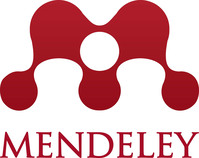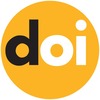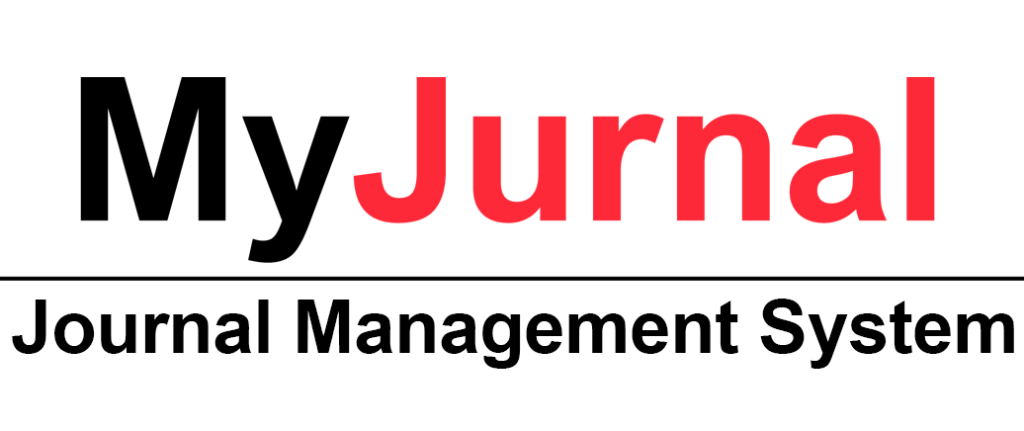Challenges Facing Somali Islamic Education Teachers in Implementing 21st Century Teaching Approaches
DOI:
https://doi.org/10.31436/ijes.v10i1.429الكلمات المفتاحية:
21st-century teaching approaches ، student-centred active learning، school-related challenges، teacher-related challenges، student-related challenges، subject-related challenges، approach-related challengeالملخص
This article reports on the results of a census survey that explored what Somali secondary school teachers perceived to be the challenges hampering their use of 21st-century teaching approaches in the Islamic Education subject. The survey also examined if the perceived challenges differed significantly by school type (i.e., public versus private) and teaching experience (i.e., extensive, moderate, and minimal). The implementation challenges were categorized into five types: school-related, teacher-related, student-related, subject-related, and approach-related. 200 Islamic Education teachers employed at 53 secondary schools in Hargeisa, the capital city of Somaliland, responded to a 35-item questionnaire adapted from Aldossari (2018). The data were analyzed using descriptive statistics, independent samples t-tests, and one-way ANOVAs. The results indicated that the most prevalent challenges were school-related obstacles (e.g., unsuitable classrooms and the lack of educational equipment), with the highest mean rating (M = 3.70). At the same time, teachers’ lack of experience and knowledge of 21st-century instructional approaches were the two most widely reported teacher-related obstacles. Private- and public-school teachers differed significantly in their perceptions of teacher-related, subject-related, and approach-related challenges. The ANOVA results suggested that teachers with the greatest amount of teaching experience (i.e., 11 years or more) tend to perceive significantly greater challenges in utilizing 21st-century instructional approaches in the classroom than did their less experienced colleagues. The findings of this study contribute to a clearer understanding of the magnitude of the challenges confronting Islamic Education teachers in Somali secondary schools. It is hoped that the findings can be used to raise the awareness of school leaders and stakeholders in Somaliland and beyond about the challenges facing Islamic Education.
المقاييس
التنزيلات
منشور
كيفية الاقتباس
إصدار
القسم
الرخصة
الحقوق الفكرية (c) 2022 IIUM Press, International Islamic University Malaysia

هذا العمل مرخص بموجب Creative Commons Attribution 4.0 International License.
The Journal will own copyright to all published works and have the right of first publication, both in print and online, unless other arrangements are made with the Editors in advance. It is the author`s responsibility to ensure that where copyright materials are included within an article the permission of the copyright holder has been obtained beforehand.





















